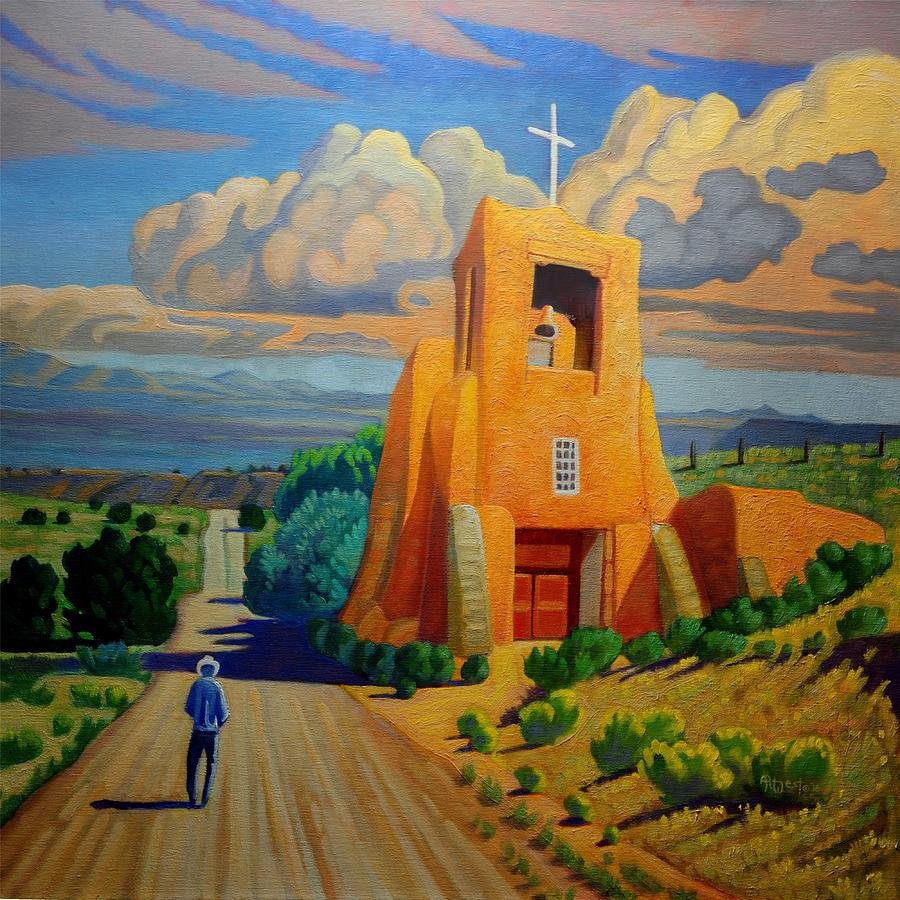FATHERS DAY 2014
My father was a man of notoriety and occupied a significant place in the lives of many at a particularly formative time in their respective life journeys. Francis Christie is remembered for his intellect, his erudition, his vigorous engagement not only with Hendrix students but also with the subjects he taught. For example for years he gave up teaching Old Testament studies out of frustration that students under his tutelage simply didn't care about the ancient texts sufficiently to grasp their beauty, passion and wonder - to read the Psalms of exile without a tear in one's eye is to miss their point he once confided to me.
Daddy contributed to my intellectual and personal formation in uncountable ways. Yet the memories that surface out of the rubble of passing years have less to do with him as Teacher and Father than as Exemplar - specifically an exemplar of deep Christian character.
Not sure what became of the tradition but in the mid-1970s we endured an experience at Hendrix College called Pie Die. For a modest sum one could take out a 'contract' (sometimes out of affection, sometimes out of contempt) on a member of the campus community to be hit in the face with a cream pie by a ski-masked attacker. It seemed like harmless fun, and was harmless fun for most. I got creamed during one of my shifts in Brenske's Beanery, and I deserved it entirely, and to this day I have no idea who took out the contract.
During the spring semester of 1974 as a hundred or so of us gathered in one of the then-new Wilbur D. Mills auditorium style classrooms for Dad's Religion in American class a masked interloper streaked into the room and pie-died a student on the front row. The victim was not just any student. This guy was quite possibly the most officious individual I have ever met. He was doughy and snobbish and effeminate, a real nancy-boy, and a cut above the rest of us in intelligence and intellectual wherewithal, and unembarrassed to remind us of this. He wore the Nerd Countenance proudly, long before the word found its way into our common language. His speech was full of affectations designed to distance and alienate. He carried a briefcase for chrissakes, and wore wool pants and wingtips and a pectoral cross nearly the size of the original. Non-verbally he seemed to be begging for the humiliation he received in spades that morning.
The rest of us were ecstatic and howled with laughter, a laughter in which most Pie Die targets quickly joined. But he sat motionless in his chair, his face completed obscured by the shaving cream, and in a few moments his shoulders began to heave as shoulders do when one is sobbing and trying not to. We were not sure what to do, so we looked to our professor for cues as to what to do next.
Dad was stone-faced, clearly annoyed that his class had been interrupted. The exuberance faded and the laughter ended, followed by a deadly silence. Our eyes shifted between him and the victim. When it was almost completely noiseless, he slowly walked from his place behind the podium, reached into his back pocket, and handed the victim a handkerchief to clean his face without saying a word. And, of course, he never again said anything about the incident.
Dad once wondered aloud what it could be like to replace the cross in Christian symbology with a cup of cool water. And I have wondered the same about a clean handkerchief.
Francis Christie is remembered mostly for his smarts - but he was wise too, and it was the kind of wisdom that one could call discernment. Among other things this discernment helped him see into the bruised hearts of the anti-socials - not only those who populate academic communities but also those in all walks of life. He could see the injury beneath the facades we design and erect to secure a personal protection we never quite get. To my recollection he rarely if ever took the easy path of Contempt, but the more difficult one of Compassion.
This kind of discernment, I think, is a key feature of Christian character. Francis Christie had an abundance of it.
He shed the mortal coil about five years before I needed him most. It seems as though we rarely have them long enough. Yet then, and to this day, especially in my darker moments, I can still feel the faint touch of linen on my face.
